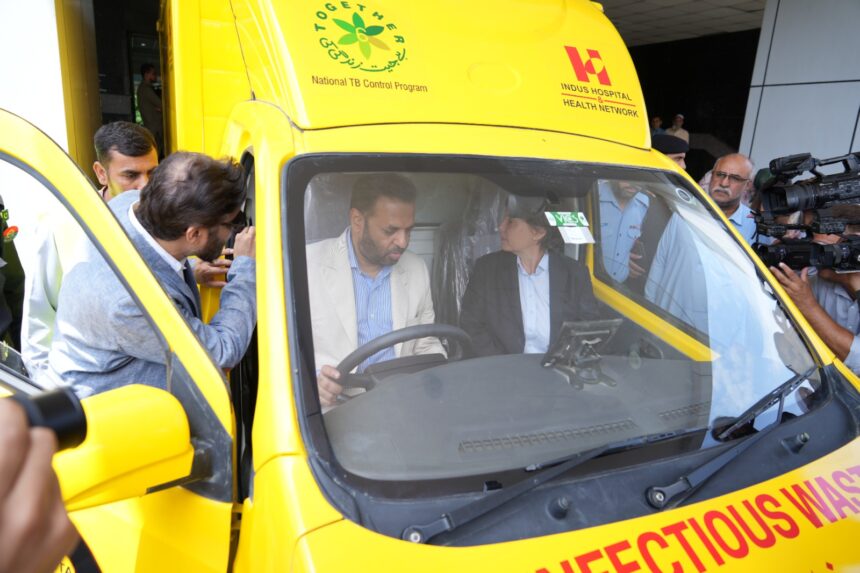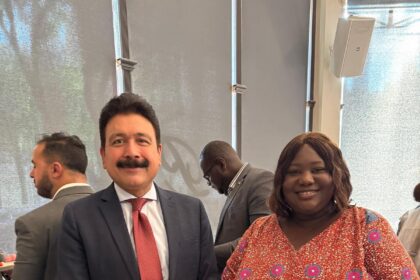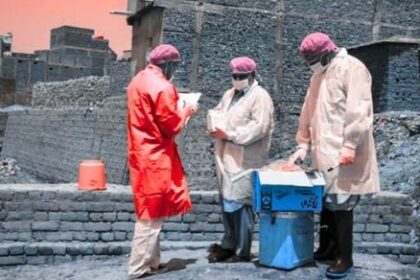Federal Health Minister Syed Mustafa Kamal underscored the significance of safely disposing hospital waste as a vital measure to prevent the spread of diseases. He shared these views at a ceremony organized by the Indus Hospital & Health Network, marking the provision of specially designated Yellow Vehicles intended for the safe and efficient disposal of infectious medical waste in various regions across Pakistan, including Islamabad.
Addressing the event, Minister Kamal stated, “Prevention is better than cure. If we don’t take precautionary measures, diseases will overtake us.” He acknowledged and appreciated the collaborative efforts undertaken by the Indus Hospital & Health Network and the Global Fund, who jointly initiated the delivery of specialized medical waste disposal vehicles to 15 districts across Pakistan. Among them, a dedicated vehicle was officially handed over to the District Health Officer (DHO) in Islamabad.
Emphasizing the hazardous nature of hospital waste, Minister Kamal cautioned that improper management of medical waste significantly contributes to diseases spreading within communities. “Protecting people from disease is our topmost priority,” he affirmed, adding that ensuring the safety and wellbeing of the public through effective precautionary measures remains at the forefront of his ministry’s agenda.
The Minister also highlighted a crucial insight provided by healthcare professionals: preventive care is considerably more efficient and beneficial than curative treatments. He remarked, “The first step in healthcare is to ensure people do not fall sick in the first place. Unfortunately, preventive measures have not been historically prioritized,” urging healthcare providers and policymakers alike to place greater emphasis on preventive strategies.
Drawing attention to broader public health challenges, Minister Kamal pointed out the worrisome fact that approximately 68 percent of illnesses within the country result from consuming contaminated water. He reiterated the necessity of a comprehensive disease prevention strategy incorporating access to clean drinking water, effective population control measures, and proper disposal of infectious and toxic hospital waste.
“In addition to building hospitals and ensuring the availability of medicines, we must significantly focus on disease prevention. Rapid population growth is complicating healthcare delivery and increasing the patient load in hospitals,” he noted, highlighting the interconnectedness of population growth and healthcare effectiveness.
During the event, Dr. Abdul Bari Khan, President of Indus Hospital, also addressed the attendees and emphasized that substantial advancements in healthcare cannot be achieved merely by constructing new hospitals or providing advanced equipment. Instead, he advocated that genuine progress demands robust healthcare systems and preventive measures designed to keep communities healthy.
Dr. Bari elaborated that the introduction of specialized yellow medical waste disposal vehicles symbolizes Indus Hospital’s enduring commitment to controlling infections, safeguarding the environment, and fostering sustainable healthcare practices. He expressed gratitude toward the federal government for its support and hoped this initiative would serve as a model that would eventually be implemented throughout Pakistan.











